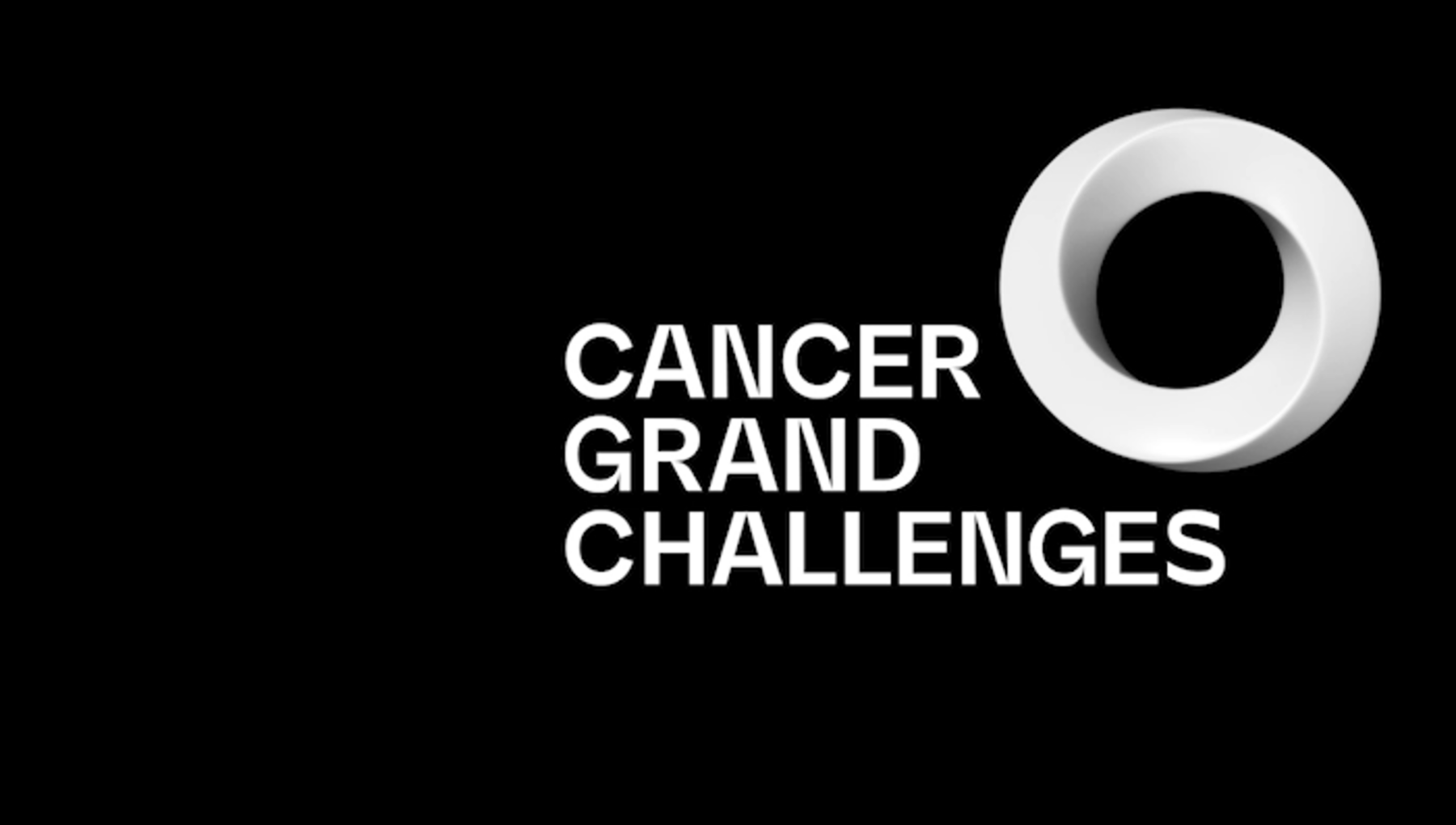In recent years, the topic of cancer research funding has taken center stage in political debates, especially when a congressman was quizzed on cancer research cuts. The implications of such decisions affect millions of lives, making it a critical issue for public discourse. As we delve into this topic, it is crucial to understand the background, the arguments on both sides, and the potential consequences of reducing funding for cancer research.
This article aims to provide a thorough analysis of the congressman's stance on cancer research cuts, exploring the reasoning behind these proposed reductions and the potential impact on healthcare and scientific advancement. By examining the broader context, we can better understand the implications of such decisions on society.
Through this discussion, we will address the importance of cancer research funding, the role of government in supporting scientific innovation, and the potential long-term effects of reducing such critical investments. Let us explore the multifaceted dimensions of this issue and its relevance in today's world.
Read also:Hotel Downtown San Ramon Ca
Table of Contents
- Background on Cancer Research Funding
- Congressman's Stance on Cancer Research Cuts
- The Importance of Cancer Research
- Breakdown of the Research Budget
- Opposing Views on Funding Reductions
- Scientific Impact of Funding Cuts
- Public Health Implications
- Historical Context of Cancer Research Funding
- International Comparison of Research Investments
- Call to Action for Stakeholders
Background on Cancer Research Funding
Cancer research funding has long been a cornerstone of public health policy. Governments around the world invest billions annually in cancer research, recognizing its role in advancing medical knowledge and improving patient outcomes. In the United States, the National Cancer Institute (NCI) plays a pivotal role in allocating these funds, ensuring they are directed toward the most promising areas of study.
However, recent proposals to cut cancer research budgets have sparked intense debate. These cuts could potentially hinder progress in developing new treatments and therapies, leaving millions of cancer patients without access to life-saving innovations. Understanding the historical context and current challenges of cancer research funding is essential to evaluating the congressman's stance on these cuts.
Key Statistics on Cancer Research Funding
According to the American Cancer Society, the U.S. government spends approximately $6 billion annually on cancer research. This funding supports a wide range of initiatives, from basic science to clinical trials, ensuring a comprehensive approach to combating cancer. However, recent budget proposals suggest a reduction of up to 10%, raising concerns about the sustainability of these efforts.
- 6 billion dollars allocated annually to cancer research.
- Potential 10% reduction in funding under new proposals.
- Research funding supports over 10,000 scientific projects nationwide.
Congressman's Stance on Cancer Research Cuts
The congressman in question has been vocal about his support for reducing cancer research funding, citing budgetary constraints and the need for fiscal responsibility. His arguments emphasize the importance of reallocating resources to other critical areas, such as infrastructure and defense. While these concerns are valid, they raise questions about the long-term impact of such decisions on public health and scientific innovation.
Reasoning Behind the Proposed Cuts
The congressman's stance on cancer research cuts is rooted in a broader fiscal policy aimed at reducing government spending. He argues that by cutting less essential programs, the government can focus its resources on more immediate priorities. However, critics contend that cancer research is anything but non-essential, given its life-saving potential and economic benefits.
The Importance of Cancer Research
Cancer research is not just a scientific endeavor; it is a lifeline for millions of individuals and families affected by the disease. Advances in cancer research have led to groundbreaking treatments, improved survival rates, and enhanced quality of life for patients. Without adequate funding, these advancements could stall, leaving countless individuals without access to cutting-edge therapies.
Read also:How Many Kids Does Elon Have
Benefits of Cancer Research Funding
- Development of innovative treatments and therapies.
- Improved early detection methods, reducing mortality rates.
- Creation of jobs and economic growth in the healthcare sector.
Breakdown of the Research Budget
To understand the implications of the proposed cuts, it is essential to examine how cancer research funding is currently allocated. The National Cancer Institute distributes funds across various categories, including basic research, clinical trials, and prevention programs. Each of these areas plays a vital role in advancing our understanding of cancer and developing effective treatments.
Allocation of Research Funds
- Basic research: 40% of the budget.
- Clinical trials: 30% of the budget.
- Prevention and education programs: 20% of the budget.
- Other initiatives: 10% of the budget.
Opposing Views on Funding Reductions
Not everyone agrees with the congressman's stance on cancer research cuts. Many scientists, healthcare professionals, and patient advocates argue that reducing funding could have devastating consequences. They point to the success stories of cancer research, such as the development of targeted therapies and immunotherapies, as evidence of the importance of sustained investment.
Arguments Against Funding Cuts
- Reduction in funding could delay or halt critical research projects.
- Loss of talented researchers due to lack of financial support.
- Increased healthcare costs due to fewer treatment options.
Scientific Impact of Funding Cuts
The scientific community is deeply concerned about the potential impact of funding cuts on cancer research. Reduced funding could lead to fewer research opportunities, slower progress in developing new treatments, and a decline in the number of scientists entering the field. This could have far-reaching consequences, not only for cancer patients but for the scientific community as a whole.
Long-Term Consequences
- Delayed discovery of new treatments and therapies.
- Decreased collaboration between researchers and institutions.
- Reduced competitiveness in the global scientific community.
Public Health Implications
From a public health perspective, reducing cancer research funding could have significant repercussions. With cancer being one of the leading causes of death worldwide, any reduction in research efforts could result in higher mortality rates and increased healthcare costs. Ensuring adequate funding for cancer research is crucial to addressing these challenges and improving patient outcomes.
Impact on Patient Outcomes
- Higher mortality rates due to lack of new treatments.
- Increased financial burden on patients and their families.
- Reduced access to innovative therapies and clinical trials.
Historical Context of Cancer Research Funding
Understanding the historical context of cancer research funding provides valuable insights into the current debate. Over the past few decades, significant advancements have been made in cancer treatment, largely due to sustained government investment. By examining this history, we can better appreciate the importance of maintaining these funding levels to ensure continued progress.
Milestones in Cancer Research
- 1971: The National Cancer Act establishes the National Cancer Institute.
- 1990s: Introduction of targeted therapies revolutionizes cancer treatment.
- 2010s: Advances in immunotherapy offer new hope for cancer patients.
International Comparison of Research Investments
When compared to other countries, the United States ranks among the top investors in cancer research. However, recent proposals to cut funding could jeopardize this leadership position, allowing other nations to take the lead in scientific innovation. Understanding the global landscape of cancer research funding is essential to evaluating the congressman's stance on this issue.
Global Leaders in Cancer Research
- United States: Leading investor in cancer research.
- European Union: Significant investments in collaborative research projects.
- Japan: Focus on cutting-edge technologies and therapies.
Call to Action for Stakeholders
In light of the potential consequences of reducing cancer research funding, it is imperative that stakeholders take action to ensure sustained investment in this critical area. Scientists, healthcare professionals, patient advocates, and the general public all have a role to play in advocating for continued support of cancer research.
What You Can Do
- Contact your elected officials to express your support for cancer research funding.
- Participate in advocacy campaigns and awareness events.
- Share this article with others to raise awareness about the importance of cancer research.
In conclusion, the congressman's stance on cancer research cuts raises important questions about the role of government in supporting scientific innovation and public health. By examining the broader context and potential consequences of these proposed reductions, we can better understand the importance of maintaining adequate funding for cancer research. Together, we can ensure that progress in this vital area continues, offering hope and healing to millions of individuals and families affected by cancer.


